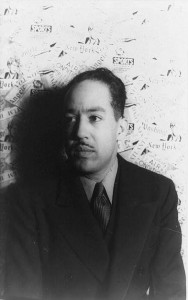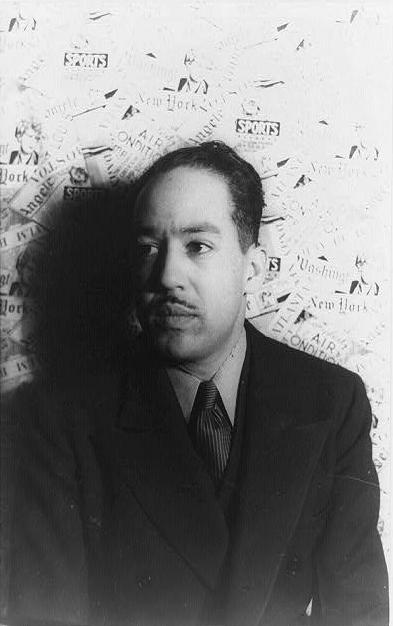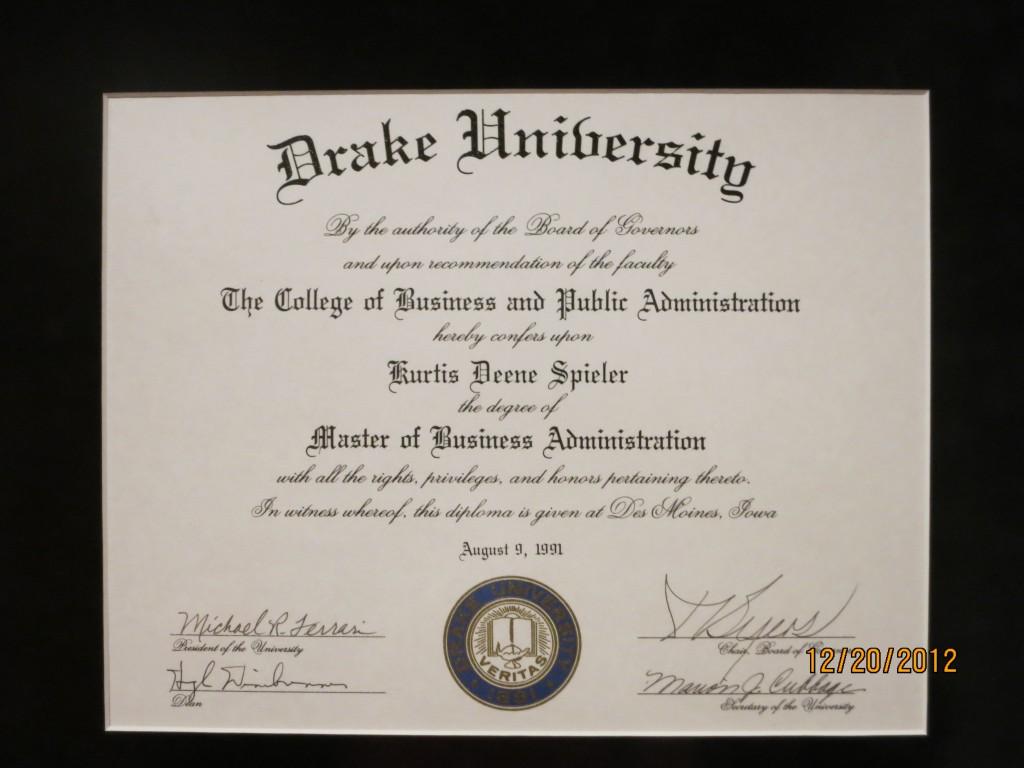
Photo Credit: Wikimedia
“Hold fast to dreams,
For if dreams die
Life is a broken-winged bird,
That cannot fly.”
-“Dreams” by Langston Hughes
The power of written words can easily be seen in the impact made by Langston Hughes on African American culture. His poetry and prose reflected not only the happenings of his personal life, but the culture of the emerging Harlem Renaissance. While travelling and studying all over the world and the United States, Langston Hughes became one of the most well-known African American novelists and poets of the 20th century.
Hughes was a born bard. In his teen years, he began to write poetry, which he submitted both to his school’s publication and multiple poetry magazines, which of course rejected his writings. The teachers who encouraged him to pursue this passion in poetry showed him the empowering words dictated by Walt Whitman and Carl Sandburg, two poets to whom Hughes will attribute as major influences on his writings.
After graduating from high school in 1920, Hughes went to live with his father in Mexico, but continued to write poetry. It was during this time that Hughes had his first poem published in The Crisis magazine, his work was highly praised. From then on it was as though he had landed on the stars. When he returned to the United States in 1921, he briefly studied at Columbia University in the Harlem district of New York City. It was there that he was immersed into the revolutionary black movement of the Harlem Renaissance. After only a year of studies, Hughes dropped out and after taking some odd jobs, cinched the job as a steward on a ship bound for Spain and Africa for an adventure. But in 1924, Hughes quit this job and went to live in the brooding city of Paris, where he continued to create his poetry.
Upon returning to the United States, Hughes began his upward ascent into the literary world, by winning multiple prizes for his works and publishing his first complete work of poetry, The Weary Blues. This book received recognition not only for black themes and heritage, but for his use of jazz rhythms and dialects to depict the real life of urban blacks.
His legacy continued on into multiple novels, autobiographies and complete collections of short stories and poems. Almost all of Hughes’ pieces contained his ideas about racism, black heritage and the working, urban classes’ culture. His influence on the African American literary world has been exuberant. He not only has paved the path for almost all following African American poets and novelists, but has proven that determination and passion give the “umph” behind any dream, if you just dare to dream.













